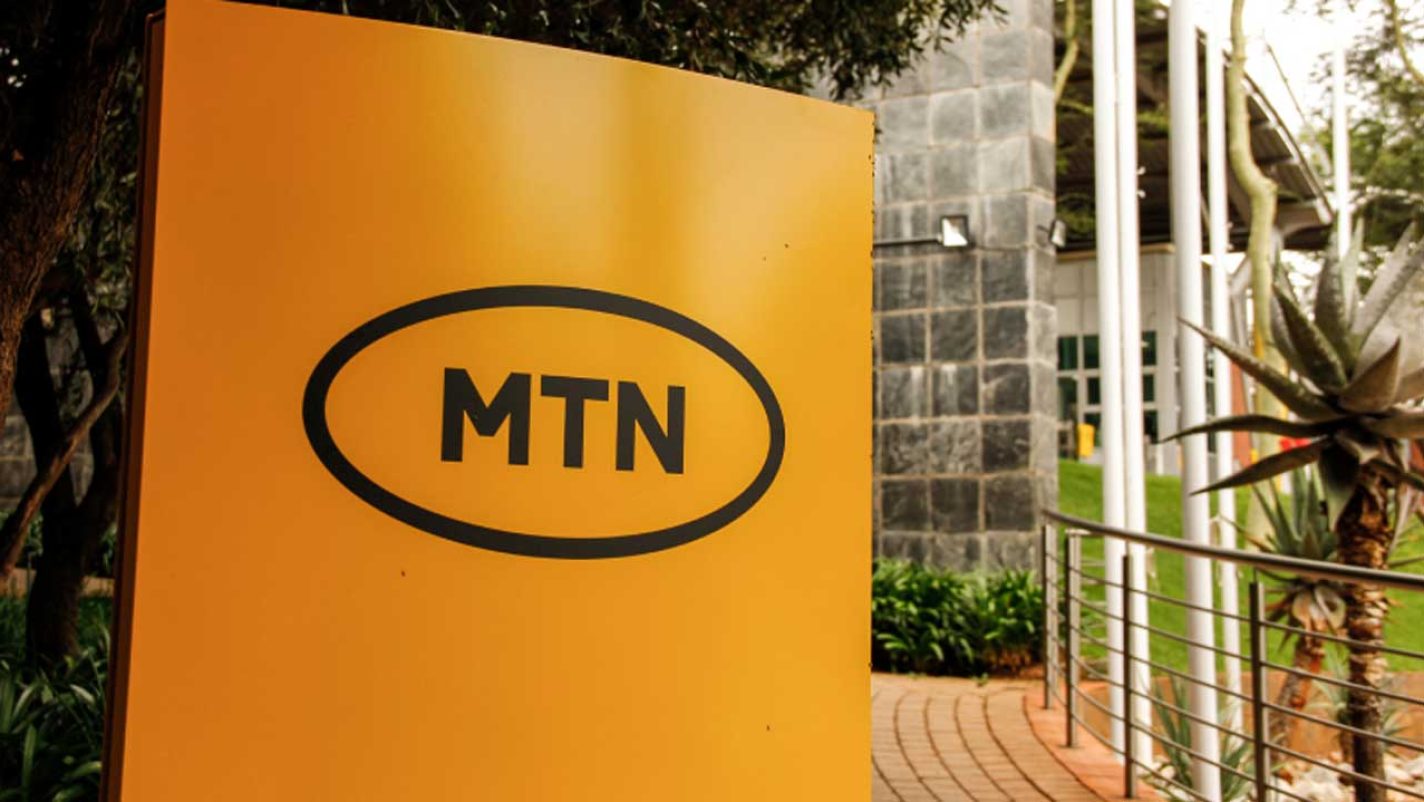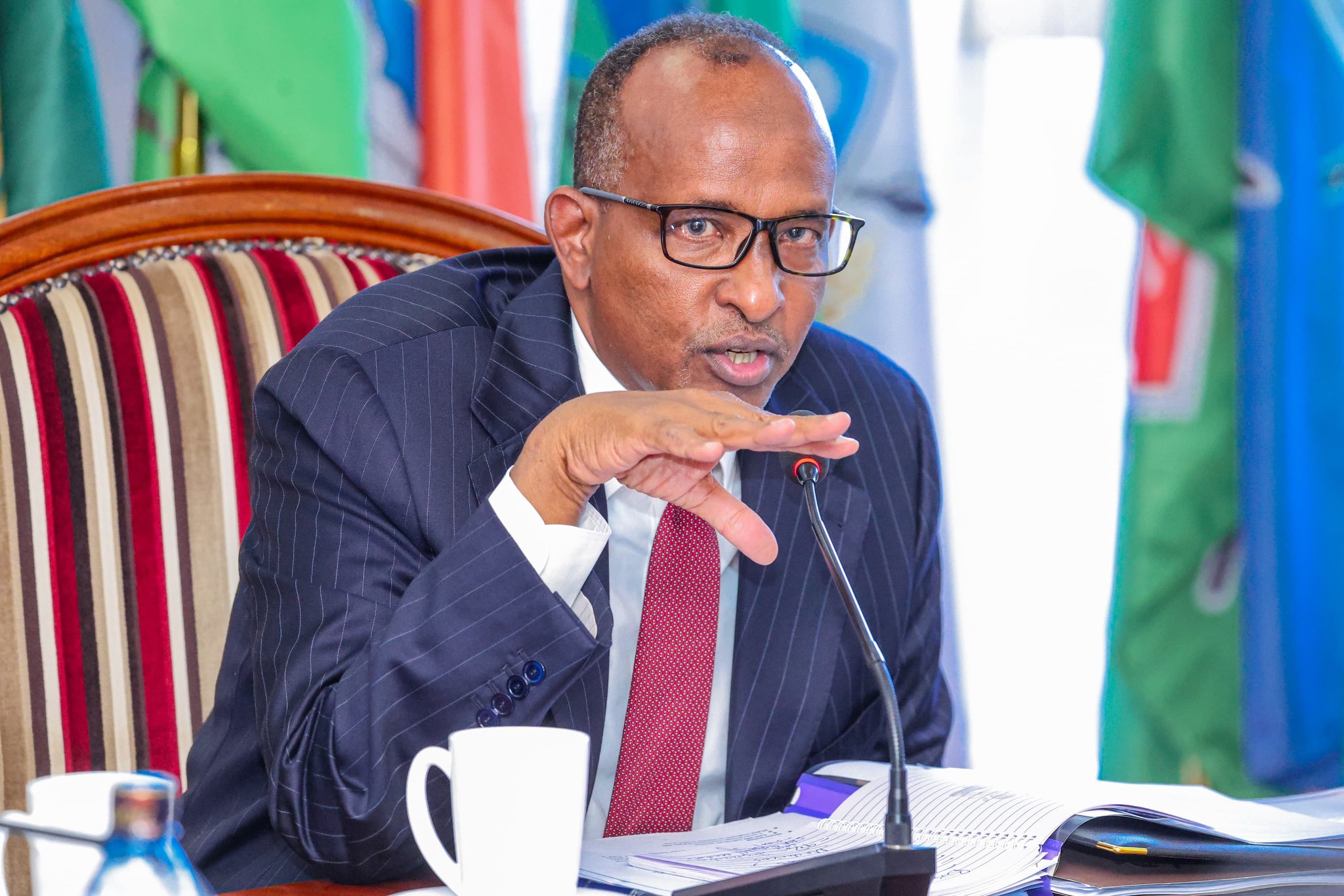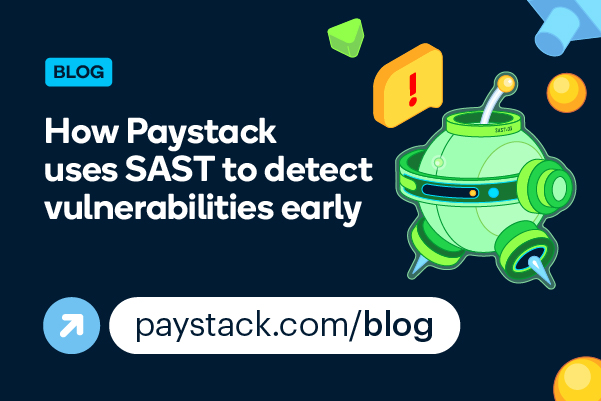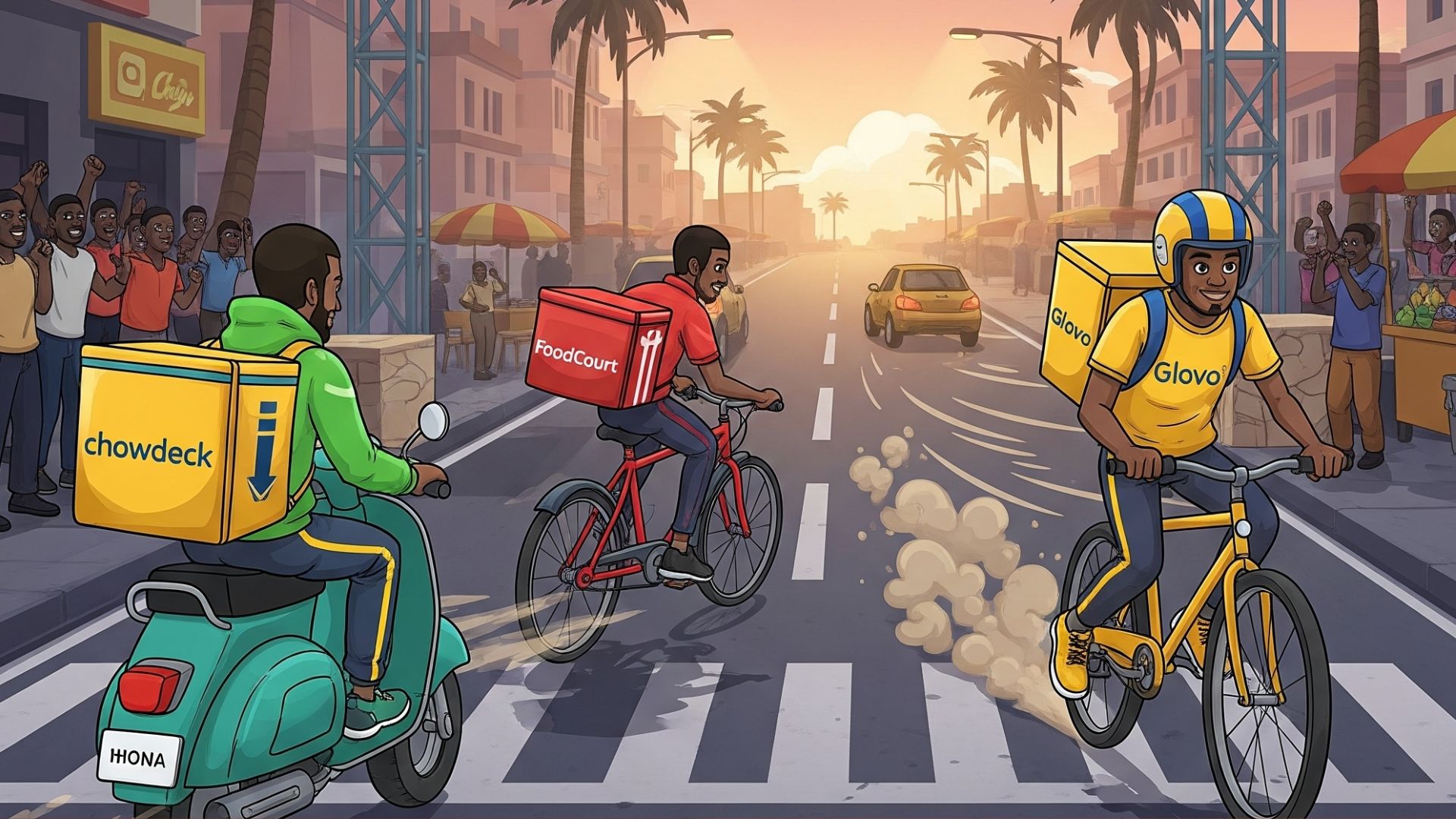- 👨🏿🚀TC Daily
- Posts
- AXIAN takes a bite of Jumia
AXIAN takes a bite of Jumia
What is Lagos’ fastest food delivery app?



Good morning! ☀️️️
Quick question: What’s the fastest food delivery service in your country? 🏍💨 Our colleague Ngozi set out to answer that for Lagos—and her findings might surprise you. (It’s the fourth story in today’s lineup.)
Let’s get into today’s dispatch.

Ecommerce
AXIAN Telecom acquires Jumia shares

Jumia got dumped, and AXIAN showed up with flowers. Rebound much?
It hasn’t been a week since Jumia’s largest investor, Baillie Gifford, dumped the last of its shares , since the startup’s fortune turned for good. AXIAN Telecom has acquired an 8% minority stake in the company.
According to AXIAN, the deal is about Jumia’s alignment with the telco's core values.
AXIAN sees value in JumiaPay, Jumia’s fintech arm, its logistics network, and its achievement in Africa’s digital retail space, which places it in a unique position to promote financial and economic inclusion for the communities it serves.
Is AXIAN jumping on a sinking ship? Despite its pioneering status in African e-commerce, lately, Jumia has been busy clearing out its cart of back-to-back challenges. In addition to the recent pull-out of its largest investor and a 26% year-on-year decline in revenue in the first quarter of 2025, the company now competes with well-funded global players like Temu and Shein, which recently entered the African market. The company has since been cutting costs and tweaking its strategy. This recent acquisition by the pan-African telecoms provider will give Jumia a shot of confidence.
Blind faith, bold conviction, or something more? When someone has a destination, they take calculated risks. AXIAN isn’t seeing a shipwreck; it’s seeing an underpriced, sturdy vessel—betting on what Jumia could be, not what it currently is.
It leaves one wondering: Is AXIAN just investing? Or is this the start of something bigger, like a telco becoming a serious e-commerce player? The telco's intent is bold, and if Jumia does make it to the other side, AXIAN will already be on board.
Join Fincra for an Exclusive Side Event at Money20/20 Europe

Fincra is co-hosting “Stablecoins & The Future of Payments” at Money20/20 Europe with Utila, Rail, Wirex & more. Join fintech leaders for insightful panels & networking. Limited spots - RSVP here.
Telecom
MTN launches delivery service to speed up sim access in SA

Apparently, MTN has more than (signal) bars. It has bikes.
MTN South Africa plans to roll out grocery-style delivery bikes to deliver 5G fixed-wireless SIM cards to its users. The service promises delivery within two hours in selected areas of Johannesburg.
Uber of connectivity: MTN does not want its customers standing in queues or waiting 24 to 48 hours for third-party delivery to get their SIM cards. The new delivery service, which CEO, Charles Molapisi, calls “Uber of connectivity” aims to bring 5G internet to your doorstep as quickly and conveniently as ordering lunch
ICYMI: In May 2025, MTN South Africa launched MoMo Pay , a digital payment platform for informal merchants. The teleco also owns MTN Momo, an encrypted e-wallet linked to a user’s MTN mobile number, which allows users to send and receive payments, make purchases, and perform other financial operations.
What is MTN up to? Today, it’s SIM cards. Tomorrow? Maybe groceries or parcels, or an entirely new e-commerce layer powered by MTN. The strategy is in pieces now, but most ecosystems start quietly, piece by piece. And these pieces are stacking: connectivity, money, and now, mobility. MTN is building something. What are you up to, MTN?

Tired of declined payments? Avoid the side-eyes at the cash till with Paga's physical prepaid card. Designed to give you control, security, and ease. Fund and spend with confidence. Get yours today!.
Policy
Kenya to relocate health data amidst USAID cuts

USAID stepped back. Now, Kenya is stepping up to bring its critical health data home.
When Donald Trump cut the funding to the United States Agency for International Development (USAID), it was predicted to cause a $403.8 million deficit in Kenya’s health budget. It also exposed millions of citizens to gaps in essential health services.
Following these cuts, health officials have reported losing access to crucial health data of its citizens.
While Kenya relied on the support of USAID, the digital health systems, which are central to how the country tracks diseases, produces vaccines, manages patient treatment, and keeps rural clinics running, were (and still are) hosted in the United States. These platforms were developed and maintained on US-based infrastructure. Now, Kenya is moving its critical health data from these servers to local Kenyan servers.
Kenya’s ambition to build stronger digital health systems and to reduce reliance on foreign servers or funding, makes sense on paper. However, the country faces budget constraints, making the path to success seem foggy and full of potholes.
Zoom Out: Kenya's dilemma is more than just a tech switch. It is a wake-up call about data sovereignty and what happens when donors pack up. Where the data lives is secondary to who owns it and who gets locked out when the rules change.
How Paystack protects your business from cyber fraud

Discover how Paystack uses Static Application Security Testing to identify and prevent security threats before they become issues. Learn more →
Food delivery
What is Lagos’ fastest food delivery app?

Food delivery apps sell a simple dream: tap a few buttons, and food magically appears in minutes. But the app is just one layer. Underneath, it's a complex, human system. Nigerian startups in this exploding sector are handling massive volumes while trying to get food from A to B in the absolute fastest time possible.
In cities like Lagos, where the traffic is high, the roads are bad, and law enforcement can be overly cautious of new technology, speedy delivery is a lot more complicated. And critically, when you're hungry, like, ca n't-think-straight hungry, you care less about restaurant selections, nice UI, but you care about speed.
TechCabal reporter Ngozi Chukwu recently did a bit of work trying to figure out which of the most popular food delivery apps in Lagos—Chowdeck, Glovo, and FoodCourt—delivers the fastest. She ordered the same meal and at the same time from different apps. The first time it was Amala from Amoke Oge, the restaurant that recently hit N1 billion in sales on Chowdeck. Then, she ordered Jollof rice across all three platforms: the aggregators Chowdeck and Glovo, and the cloud kitchen, FoodCourt.
The results of her test are interesting; they help you get a picture of what happens when you click 'order' on that nice app. They also give a good guess of what app is most likely to deliver your food faster when hunger has you in a chokehold.
CRYPTO TRACKER
The World Wide Web3
Source:

Coin Name | Current Value | Day | Month |
|---|---|---|---|
| $104,800 | - 0.72% | + 11.62% | |
| $2,539 | - 3.35% | + 49.75% | |
| $0.001647 | - 1.52% | - 68.26% | |
| $154.50 | - 5.85% | + 12.53% |
* Data as of 05.15 AM WAT, June 3, 2025.
Introducing, The Naira Life Conference by Zikoko

Raising funds? Use the pitch deck template built for African crypto & fintech startups. Proven structure, investor-ready format. Get noticed, get funded. Drop your email now to get it instantly
Events
- Digital Equity Africa presents the first AI Summit for Children in Africa, empowering young minds for an AI-driven world. Don’t miss out, register here!
- The UNDP Nigeria Innovation Centre, in partnership with TechCabal and TechCabal Insights, is inviting voices from across the innovation ecosystem—startups, creatives, hubs, academia, and government—to share insights through the Ecosystem Engagement Survey. Your input will help shape collaborative solutions that address Nigeria’s development challenges, unlock new opportunities, and inform how innovation and digital transformation efforts are supported across the country. It's a call to co-create the future together. Fill the survey here.


Written by: Opeyemi Kareem and Ngozi Chukwu
Edited by: Faith Omoniyi
Want more of TechCabal?
Sign up for our insightful newsletters on the business and economy of tech in Africa.
- The Next Wave: futuristic analysis of the business of tech in Africa.
- TC Scoops: breaking news from TechCabal
P:S If you’re often missing TC Daily in your inbox, check your Promotions folder and move any edition of TC Daily from “Promotions” to your “Main” or “Primary” folder and TC Daily will always come to you.

How did you find today's edition of #TCDaily? |


